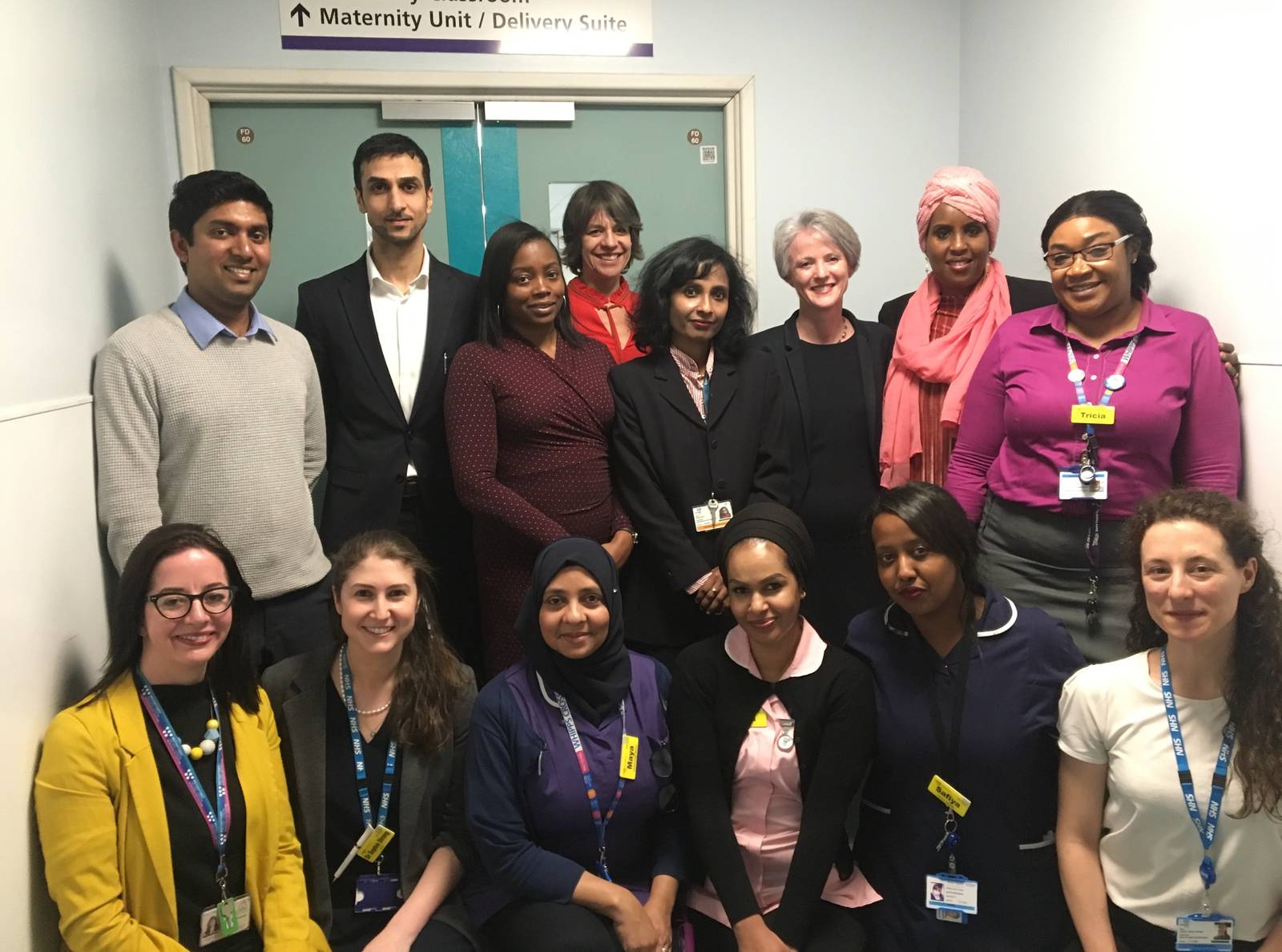London unites in zero tolerance for Female Genital Mutilation

Public organisations across London united this week at Whipps Cross Hospital to reaffirm their commitment to eradicating Female Genital Mutilation (FGM), marking the international day of zero tolerance for Female Genital Mutilation.
On 7th February 2019, London's Deputy Mayor for Policing and Crime, Sophie Linden was joined by clinicians, members of Waltham Forest Council and others where they heard from local women personally affected by FGM about the importance of community education.
Deputy Mayor for Policing and Crime, Sophie Linden, said: "As organisations across the world come together to mark the international day of zero tolerance for Female Genital Mutilation, the Mayor is clear in his absolute commitment to tackling harmful practices in the capital. Last week's landmark FGM conviction sends a clear message to those who practice this barbaric act that it will no longer go unpunished.
"Thousands of girls are at risk in our city, which is why it's vital that we make sure there's a consistent approach and understanding from the frontline professionals who are responding to this horrific crime. The Mayor's contribution to the first walk-in clinic offering specialist treatment for people who have experienced harmful practices, is a great example of his commitment to ensuring that every women and girl who needs support has access to it."
Female Genital Mutilation (FGM) is often performed in young girls, involving partial or total removal of the external female genitalia, or other injury to the female genital organs for non-medical reasons.
It causes serious long-term emotional, psychological and physical health damage that continues into adulthood.
According to NHS Digital from July 2018-September 2018 there were 2,025 total attendances to hospitals where FGM was identified or a procedure for FGM was undertaken, with almost half relating to women and girls in London.
In June last year, Whipps Cross Hospital was the first in England to open walk-in clinics offering cervical screening to women who have suffered FGM. At the clinic women can also seek help and treatment for a range of symptoms.
The hospital, run by Barts Health NHS Trust, had in the previous year launched one of just a few specialist maternity units in the country for FGM sufferers.
Reeba Oliver, Consultant Obstetrician and Gynaecologist at Barts Health NHS Trust who runs the clinics said: “We offer a specialist service for FGM survivors, particularly those who avoid having a cervical screening test because of the fear that a vaginal examination evokes due to the psychological trauma they have experienced.
“FGM has serious health consequences that go into adulthood; there are long-term emotional, psychological and physical effects from the damage caused. I strongly encourage women in the borough to use the service where they will be treated with support, dignity and understanding.”
Cllr Ahsan Khan, Cabinet member for Community Safety and Cohesion at Waltham Forest Council, said: “It is shocking and saddening that we still see girls and young women forced to undergo this damaging abuse in the 21st century. Those who undergo the procedure carry the effects with them for the rest of their lives, while all too often those who perpetrate the abuse go unpunished.
“We are committed to working with other organisations and survivors to spread the message about how harmful FGM is and why it is unacceptable. Help is available for anyone affected by the issue and I urge those who have undergone FGM, or know someone who may be at risk, to come forward and seek that support.”
A form of child abuse, FGM is illegal in the United Kingdom carrying a custodial sentence of up to twelve years for anyone who arranges for a procedure to take place in this country and abroad.
Since 2015 all health professionals have a duty to report all cases of FGM, meaning the NHS is now well positioned to have those conversations and offer specialist support. On 1st February 2019, the first person in the UK was convicted of FGM following concerns initially raised by staff at Whipps Cross Hospital.
